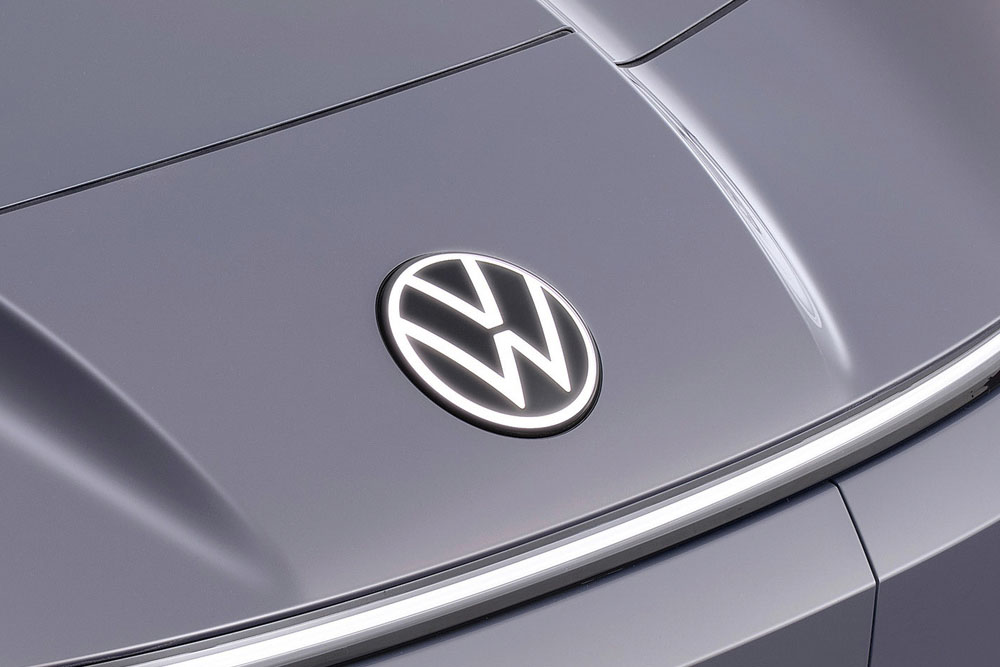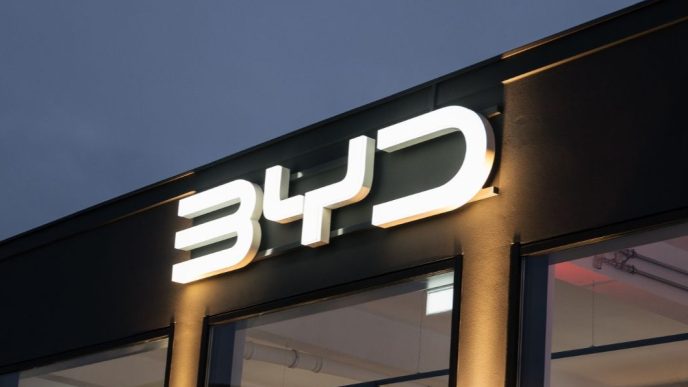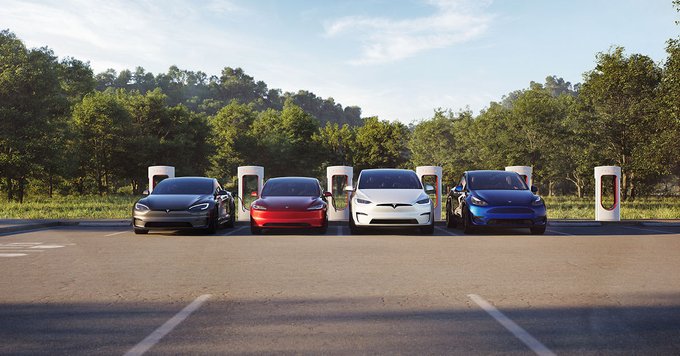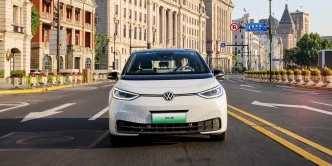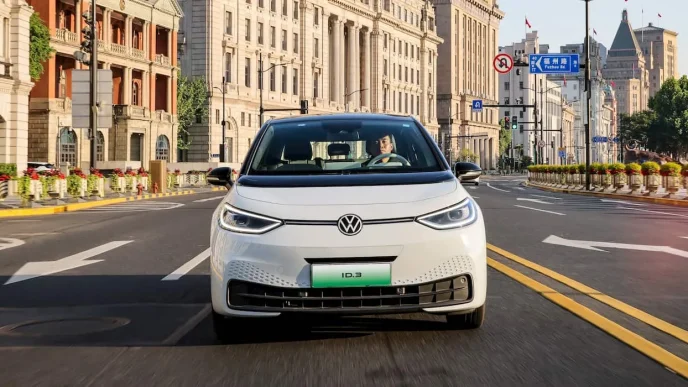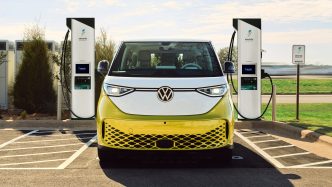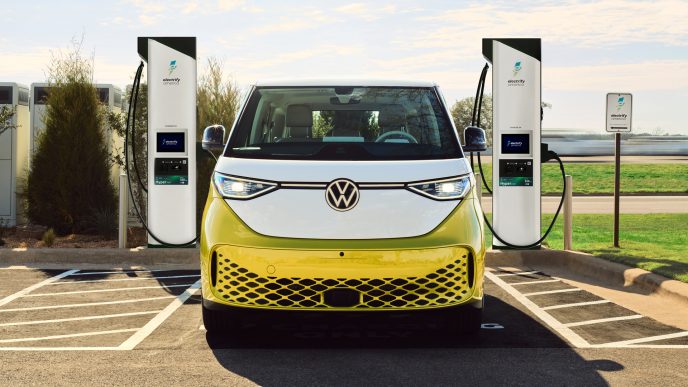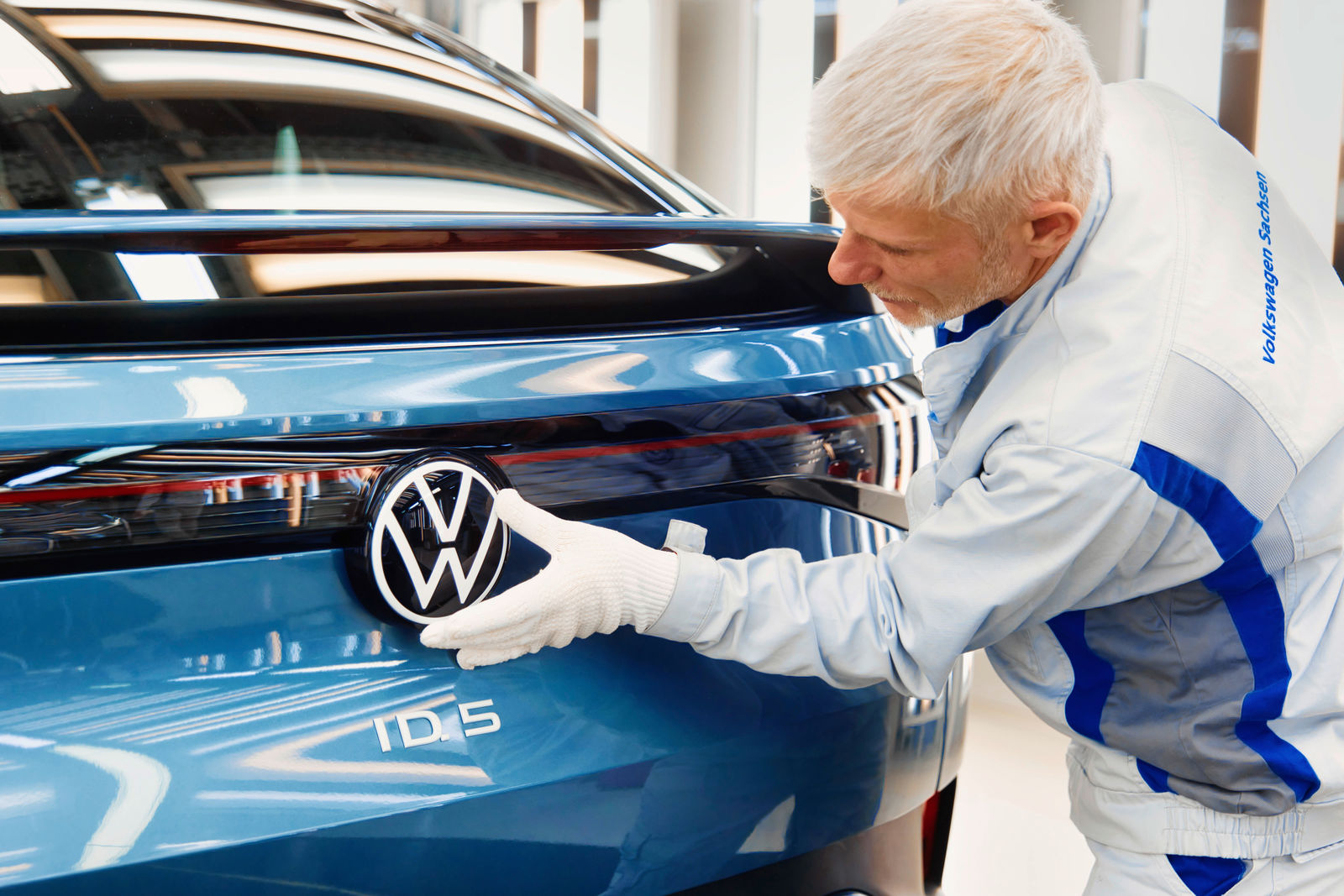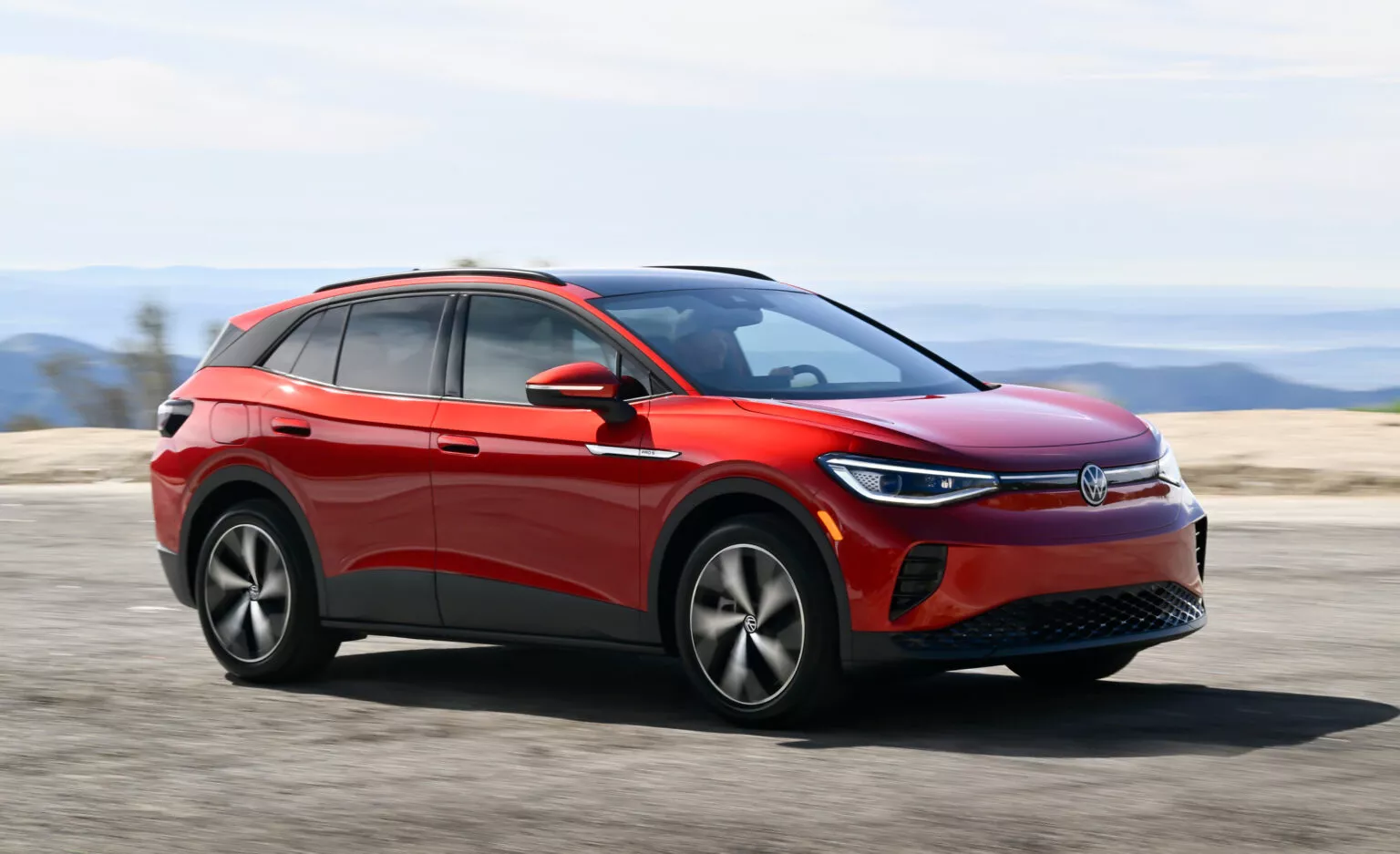Volkswagen Group has reported a notable drop in global deliveries of battery-electric vehicles (BEVs) for the third quarter of 2024. The company delivered 189,400 BEVs between July and September, a decrease of 9.8% compared to the same period in 2023, when 209,900 units were sold. This drop in BEV deliveries reflects the broader challenges the automaker is facing in key markets as it navigates increasing competition and fluctuating demand for electric vehicles.
Cumulatively, Volkswagen delivered 506,500 BEVs from January to September 2024, down 4.7% from the 531,500 electric cars sold during the same period last year. Despite the overall decline, BEVs accounted for a significant portion of the company’s global vehicle deliveries, representing an 8.7% share in the third quarter and 7.8% for the year so far. However, regional trends show varying performance in Volkswagen’s key markets, with a steep decline in Europe and the United States but modest growth in China.
In Europe, one of the company’s largest markets, BEV deliveries fell by 11.9% in Q3, dropping from 124,000 units last year to 109,200 this year. The drop in electric vehicle sales outpaced the overall decline in vehicle deliveries across all drive types, which saw a more modest reduction of 0.9%. Volkswagen’s BEV share in Europe for Q3 stood at 3.9%. Meanwhile, in North America, the automaker saw its overall sales rise by 7.4% to 769,000 units, yet electric vehicle sales plummeted by nearly 42%, with only 11,900 BEVs delivered in the region during the quarter. The EV share in North America was just 1.55% during Q3.
China, often seen as a critical market for electric vehicle growth, presented a contrasting trend. While Volkswagen’s total vehicle deliveries in the country fell by 15% in Q3, BEV deliveries increased by 5.2%, from 54,700 units last year to 57,500 in 2024. The share of BEVs in Volkswagen’s overall deliveries in China reached 8.1%, more than double the percentage seen in Europe. The growth in China signals the company’s ability to navigate the competitive and rapidly evolving Chinese electric vehicle market, which remains one of the largest and most dynamic globally.
Looking at specific brands within the Volkswagen Group, the decline in BEV sales is evident across several segments. Skoda, Cupra, and Porsche have each relied heavily on a single electric model for sales, though new additions are on the horizon. Porsche is set to launch its all-electric Macan, and Skoda is preparing to introduce the Elroq, which could help reverse the trend for these brands. Volkswagen’s core brand, which offers a range of ID. models, also faced a decline, with BEV sales down 5.1% in Q3. However, the VW brand still accounted for more than half of the Group’s total electric vehicle sales, delivering 102,700 units, or 54.2% of the Group’s Q3 BEV deliveries.
Volkswagen’s best-selling electric models continue to be the ID.4 and ID.5 duo, which together have sold 135,200 units so far in 2024. The ID.3 follows closely with 105,900 units sold, while the Audi Q4 e-tron (including the Sportback variant) has moved 78,800 units. Other notable models include the Skoda Enyaq with 50,800 units sold and the Cupra Born with 29,600 units. The Audi Q8 e-tron has sold 23,900 units, but the newly launched VW ID.7 has already made an impact with 22,200 units sold, surpassing the ID. Buzz and its cargo version, which sold 20,000 units.
Marco Schubert, a member of Volkswagen Group’s Extended Executive Committee for Sales, acknowledged the market pressures, stating, “In Europe, we were able to keep our vehicle handovers to customers largely stable, but are experiencing significant headwinds from the market. The competitive situation in China is particularly intense, which is the main reason for the global decline in our deliveries.” Schubert also emphasized the company’s strategy to strengthen its market position in the coming months through the launch of new models across all brands, while also focusing on optimizing costs, especially in Germany, where there has been speculation about potential plant closures due to cost concerns.


